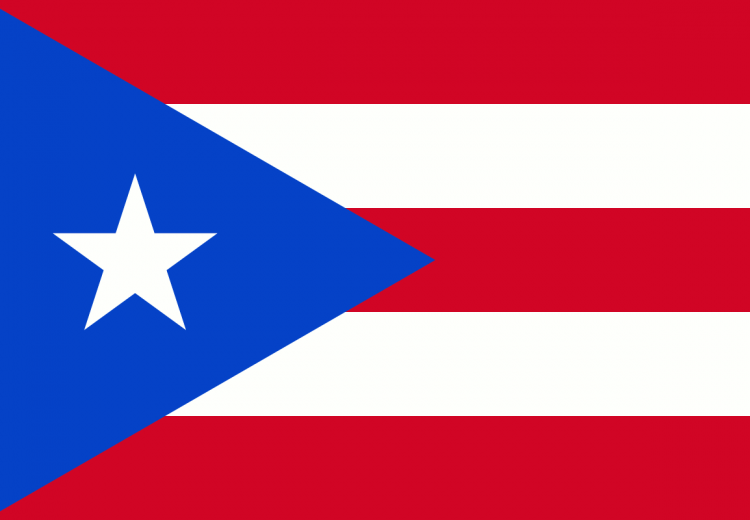BackStory: After Hurricane Maria - The History of Puerto Rico and the United States

The Puerto Rican flag, though it shares the color scheme and many of the visual elements of the U.S. flag, was actually inspired by the Cuban flag and the struggle Cuban and Puerto Rican independence fighters shared, first against Spain, and then against the United States.
Even though Puerto Rico has been part of the United States for over a century, confusion persists about its legal status and that of the U.S. citizens that live on the island. And with reason: though Puerto Ricans are U.S. citizens, they lack voting representation in Congress, and cannot vote for president, unless they leave the island and move to one of the fifty states.
This episode of BackStory explores the history of the colonial relationship between the United States and Puerto Rico, characterized by what scholar Amílcar Barreto calls “malign neglect.”
A full transcript for this episode can be found on the BackStory website.
